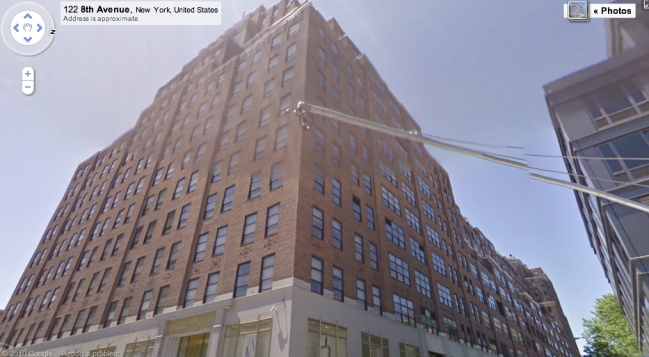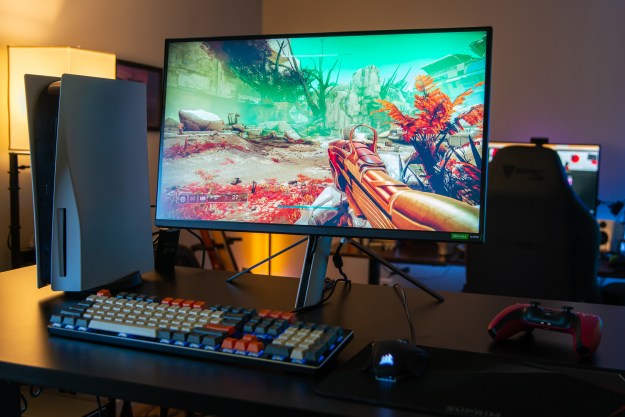 Google has purchased a piece of Manhattan real estate that might just be large enough to contain the company’s ever expanding ambitions. The sale of the office building, residing at 111 Eighth Avenue in Manhattan’s Chelsea neighborhood, was reportedly completed for the palatial sum of $1.77 billion — a figure that could rise to $1.9 billion after fees and taxes are tacked on to the bill. The deal is thought to be the largest single single asset sale in the U.S. during 2010 and the largest acquisition ever by a tenant (Google previously rented space in the building starting in 2006).
Google has purchased a piece of Manhattan real estate that might just be large enough to contain the company’s ever expanding ambitions. The sale of the office building, residing at 111 Eighth Avenue in Manhattan’s Chelsea neighborhood, was reportedly completed for the palatial sum of $1.77 billion — a figure that could rise to $1.9 billion after fees and taxes are tacked on to the bill. The deal is thought to be the largest single single asset sale in the U.S. during 2010 and the largest acquisition ever by a tenant (Google previously rented space in the building starting in 2006).
“Google New York started in a Starbucks on 86th Street with one person in 2000 — a scrappy, highly caffeinated sales ‘team,'” said David Radcliffe, Google’s vice president for real estate and workplace services, in a blog post. “Now we have more than 2,000 Googlers working on a variety of projects in both sales and engineering — and we’re hiring across the board.”
The building, formerly occupied by the city’s Port Authority, is 18 stories tall and occupies nearly 3 million square feet — an entire city block. The space will certainly give Google opportunities to impress potential employees as it fights to attract talent in New York City’s booming tech scene.
The building’s Manhattan location also puts the Internet giant in close proximity to some of the world’s most influential advertising firms — important for a company that still relies heavily on generating ad revenue to support itself. Google also had another big reason to invest in the space: the building sits above large bundles of fiber optic cables that run beneath New York City’s streets.
For the moment, Google doesn’t plan to run wild over all 3 million square feet: as per terms of the sale, the current property managers will continue running the building’s leasing services to current tenants including Nike, Verizon, Sprint, WebMD and Level 3.


